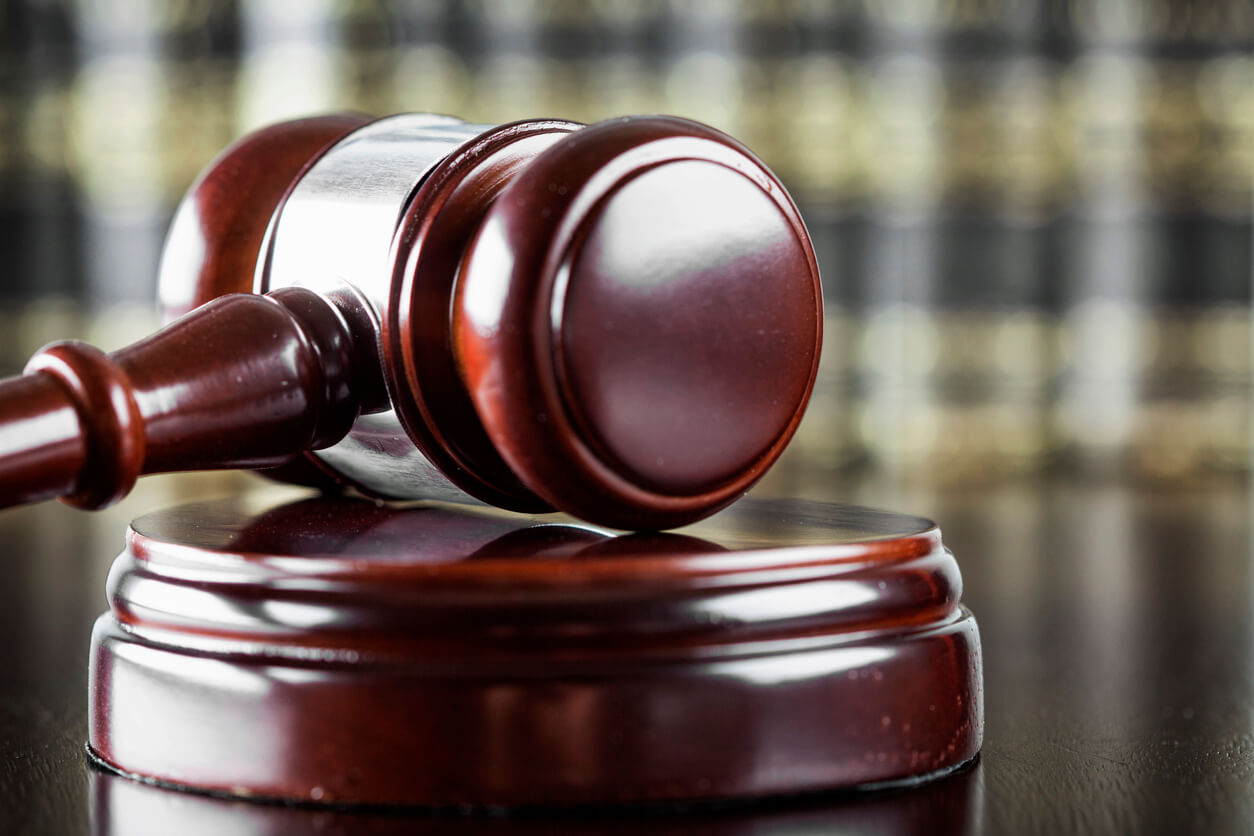Usually, the first significant court appearance in a criminal case is the arraignment hearing. The arraignment hearing can have an impact on the rest of your criminal case. With so much at stake, you will want to have a Seattle criminal defense attorney at your side handling your arraignment.
If you have never attended an arraignment before, you might have anxiety or worry about what will happen at the event. It could relieve your stress if you knew what to expect. This blog will provide some answers about what happens at an arraignment.
What to Expect at an Arraignment in Washington State
An arraignment is usually the first time a defendant appears in court after getting arrested and charged with a criminal offense. Although the arrangement does not tend to take a long time, these are the typical things that happen at the hearing:
- The judge reads a prepared statement advising the defendant of their rights under the constitution.
- The judge then reads the criminal charges that the state has filed against the defendant.
- The person accused of the criminal offense enters a plea
- The judge will deal with bail for the accused, either setting, adjusting, reinstating, or exonerating the bail of the defendant.
If you plead guilty as charged, you will skip trial and proceed to sentencing. If you want to have a trial, you will need to enter a plea of not guilty. You will want to have the advice of a criminal defense attorney before this hearing and get represented by a lawyer at the hearing.
What Can Happen if a Defendant Does Not Attend Their Arrangement
Law enforcement will bring the defendant to the arraignment if the person is in jail at the time scheduled for the hearing. Many people get released after their arrest and told when to appear for their arraignment. There are severe consequences if a defendant fails to appear for an arraignment.
Usually, the judge will issue a bench warrant and send an officer out to arrest the defendant and bring them to the courtroom. When this happens, the defendant faces a new charge of failure to appear, in addition to the existing criminal charge for which they got arrested. Going forward, the defendant could now get sentenced for both offenses.
Your Rights at an Arraignment
A criminal defendant has rights under the United States Constitution and the Washington state constitution. These rights include:
- The right to remain silent, also called the right against self-incrimination.
- The right to a trial by jury.
- The right to have a lawyer represent them. A court-appointed public defender could represent the defendant if they cannot afford to hire their own criminal defense attorney.
- The right to confront the prosecutor’s witnesses and produce their own witnesses for their defense.
- The right to a speedy trial.
Many people accused of a crime give up some of their constitutional rights without realizing that they did so. A criminal defense attorney can explain these rights to you and discuss how they apply to your situation.
A Washington criminal offense attorney could aggressively protect your constitutional rights and help you go after the best outcome possible in your circumstances. For help with your case reach out to our office today.
DISCLAIMER: This post is intended to share my perspective, insights, and some general information on various aspects of criminal cases. It is not legal advice and is not intended to substitute for legal advice. You should consult an attorney to obtain legal advice for your individual situation and case.

